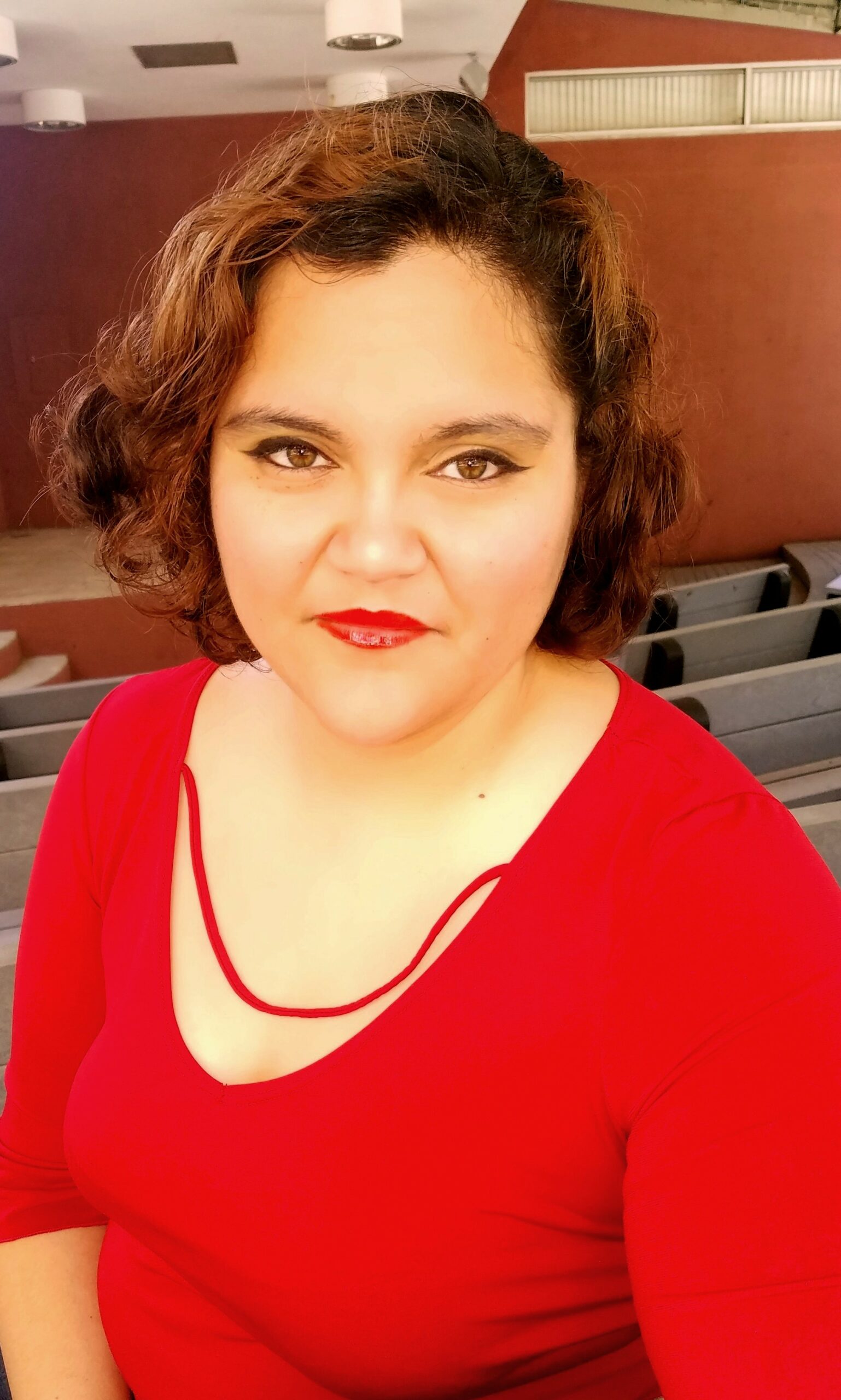By Meagan Kimberly
The first time I came out as bisexual was through poetry, in my workshop class as a sophomore in college. I read my piece out loud, voice shaking, to a room full of strangers who hadn’t known me for years. Yet it felt nerve-wracking and exhilarating. These people didn’t know me in childhood, middle school, and high school. It was a clean slate. I was proud of myself for the symbolism, imagery, and confession. Then came the comment that deflated that balloon of pride.
“Um, okay, so I’m not one of these people, but there are those out there who wouldn’t take kindly to your comparison of being bisexual and gay as the same thing.” I wasn’t aware that I’d said they were the same. I’d made a parallel, yes, but did not equate them as synonymous. Isn’t that what comparison means?
After the class another peer came up to me and said, “Hey, I really appreciated your poem. I know what it’s like to struggle with your sexual identity. I’m bisexual, too, but the way I’ve gotten through my struggle is by taking my therapist’s advice and just not trying to place labels on those kinds of things.” This person had good intentions, but now I was being told my identity would be easier for others to swallow if I left it as vague and undefined as possible.
Through sharing my poetry that day, I’d learned two major issues that occurred with being bisexual: the LGBTQ+ community reject us as not queer enough, and heterosexual people are okay with us as long as we don’t actually use the B-word. It wasn’t the reaction I expected. I mean, I wasn’t waiting for parades and confetti and cheers, but I hadn’t realized the world thought of bisexuals as stuck in limbo.
Truthfully, it makes me as frustrated as being Latin-American and being thought of as one or the other at any given point in time. I’m never both simultaneously, or—what an idea—just Latin-American as its own individual identity. So now it seems I’m either brown or white, and not gay or heteroflexible. Culturally and sexually, I am this emoji: ¯\_(?)_/¯.
It took me a few years, but I finally came out to my friends and a few close cousins. Once again, I did so through poetry. I shared that same poem from my workshop class on my blog and sent it into the world with the same knots and butterflies in my stomach as when I had read it out loud. This time though, I felt more confident in my bisexual label. It didn’t feel like I was pretending or that I’d be rejected or laughed at. My gamble paid off, and now my best friends, whom I’ve known for years, are totally supportive and never even batted an eyelash at my revelation.
I started following blogs and adding books to read on my Goodreads account, voracious for as much information and representation as I could find. I felt emboldened to use the word for myself more and more often. I tested the waters by making jokes, saying things like, “If I’m Puerto Rican and bisexual, does that make me Biricua?” People responded. They loved it. They related. They shared the sentiment and the humor with others. I felt like I belonged to this community that had not existed for me as a college sophomore.
Then I started saying it out loud, casually dropping the statement, “Ya know, ’cause I’m bisexual,” in conversation with my best friend. That moment propelled me to write a poem about how it felt to say it out loud for the first time, and how mundane the environment was, but how high stakes it seemed.
After that, a snowball effect took place. I began writing more and more poetry about identifying as bisexual. It’s still something that’s new to me because I only started embracing it a little over a year ago, but writing personal essays and poetry on my blog helps me work through the emotions I felt in the past, how I feel now, and continue to affirm my label if for no one else but myself.
Maybe it’s silly, but I know what I’m doing is the same thing I did as a kid who was afraid of the dark. To get over my fear and move through it, I’d walk into the dark hallway of my house, walk to my room, without running to turn on a light. I’d hold my breath and release it when I made it to the end without any monsters reaching out and grabbing me. I became accustomed to the thing that terrified me until I realized I had nothing to fear at all.
So I keep using the B-word. I keep saying “bisexual” when I write poems. I write bisexual characters in short stories. I make bad puns with the word bi, and sure enough, I’m getting so used to it that one day I hope to say it out loud to my family. Maybe I’ll write them a poem.
Meagan Kimberly is a young professional who grew up in Hollywood, Florida, and is influenced by her Latin-American roots. She is an alumna of the University of Central Florida and has had previous work published in her alma mater’s literary journal, The Cypress Dome, and in her local library’s literary publication, The Portal, with upcoming publications in Lady Lit Magazine.

